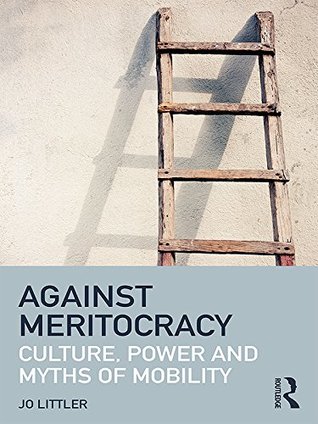More on this book
Community
Kindle Notes & Highlights
The second problem is that the contemporary logic of meritocracy frequently (though not always) assumes that talent and intelligence are innate: it depends on an essentialised conception of intellect and aptitude.
Mad Russian the Traveller and 4 other people liked this
This notion of intelligence is overwhelmingly singular and linear.
In Britain, as Danny Dorling points out, ‘the state enthusiastically sponsored the division of children into types, with the amount spent per head on grammar school children being much higher than on those at the alternative secondary moderns’
‘apartheid schooling’
All these events were possible because of the ambiguous nature of ‘merit’.
The third problem with the contemporary idea of meritocracy is that it ignores the fact that climbing the ladder is simply much harder for some people than others.
‘what does a good education mean when there is little surety it will bring a good job? What does a good job mean when choice of neighbourhoods is restricted?’
some people are positioned at the bottom of a number of different ladders and within a multiple series of disadvantages,
The fourth key problem with the contemporary ideology of meritocracy is its uncritical valorisation of particular forms of status, in the hierarchical ranking of professions and status it endorses.
Certain professions are positioned at the top, but why they are there – and whether they should
The language of meritocracy is about moving upwards in financial and class terms, but whilst this may entail, for example, being better fed, it does not mean existing in a ‘better’ or ‘happier’ culture.


